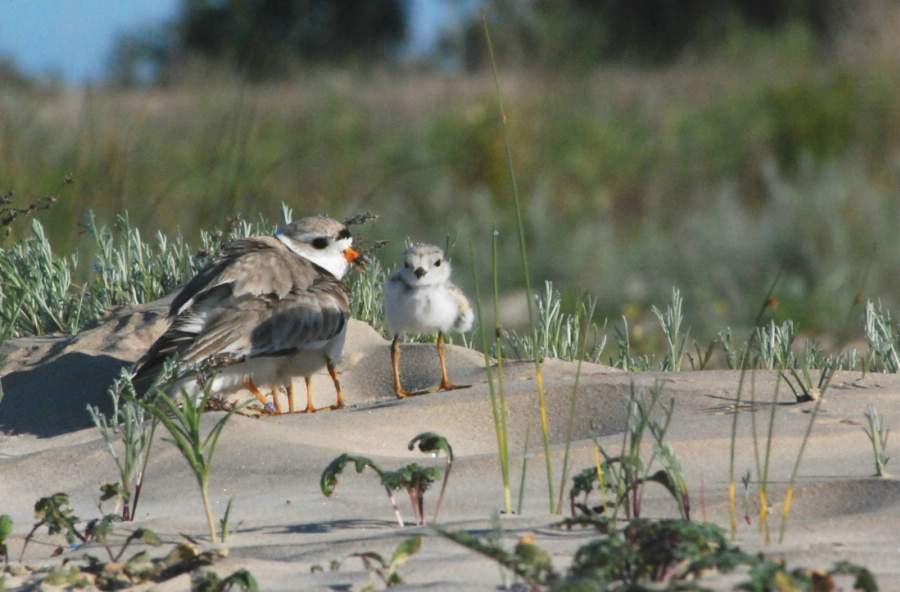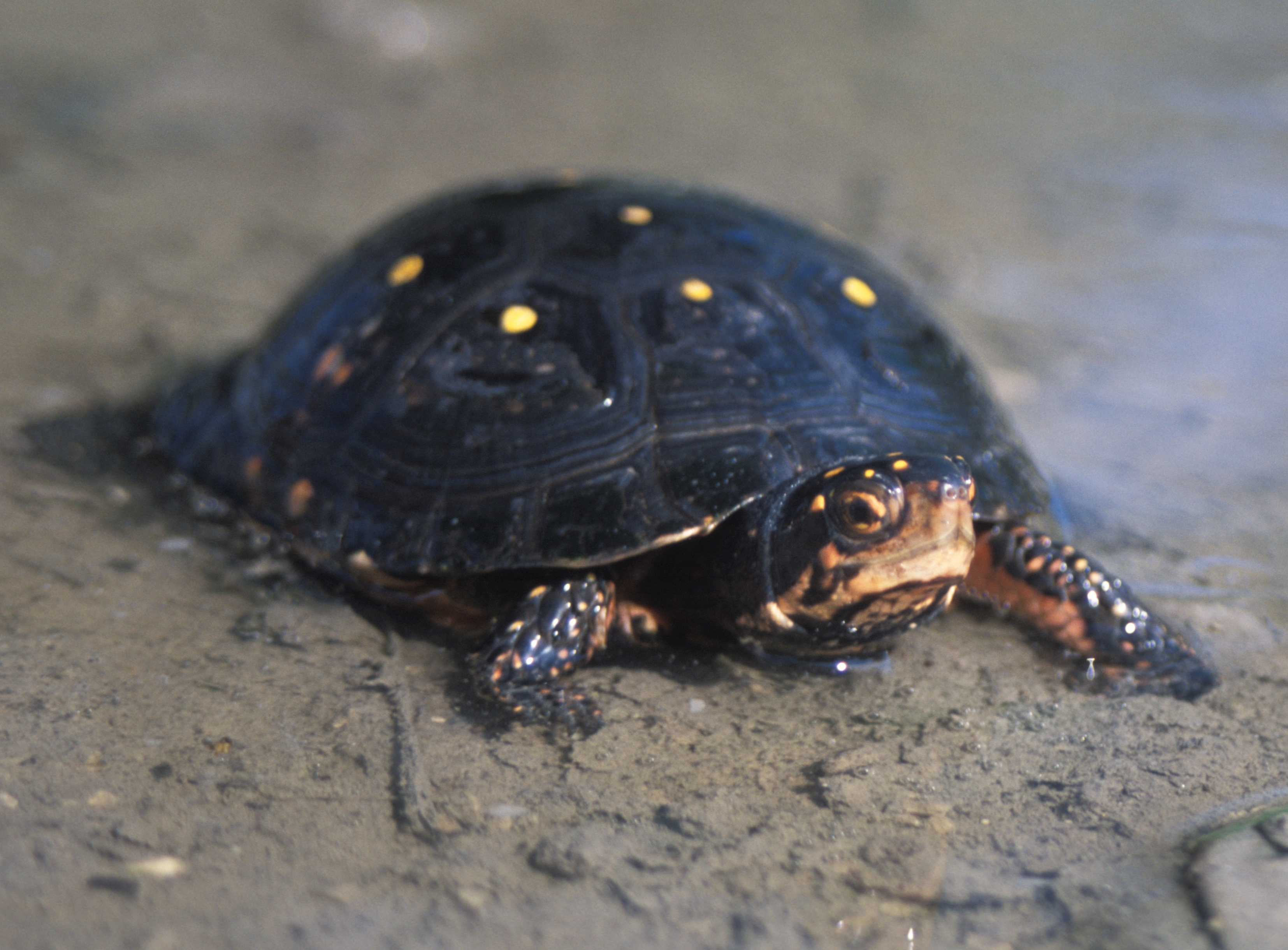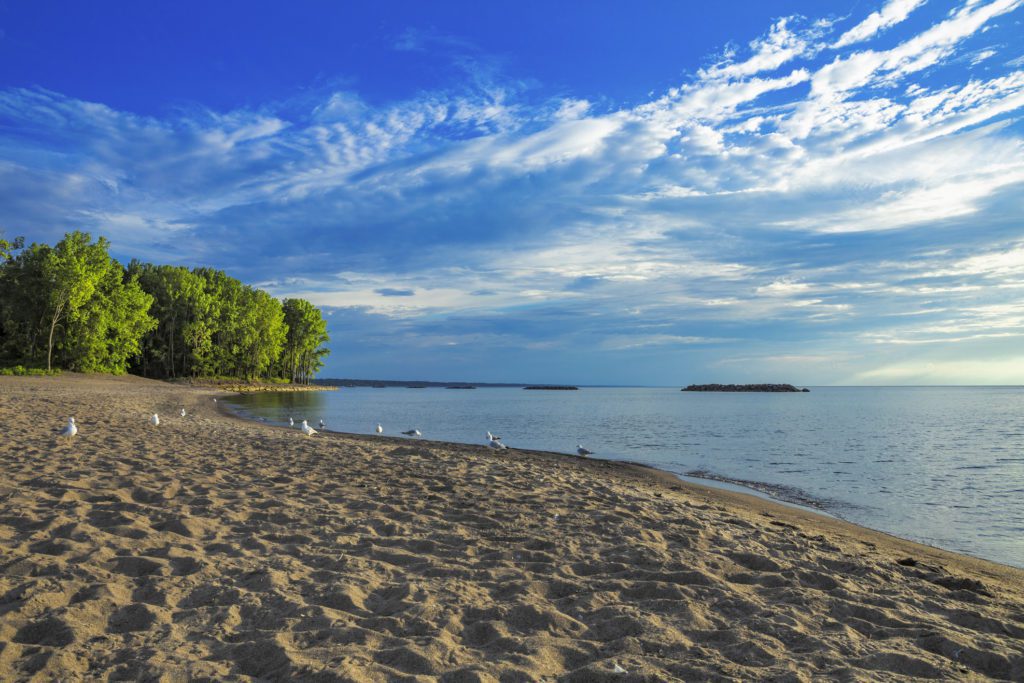These are trying times for our most vulnerable plants and animals in Ontario. New reports show that humans are destroying the planet’s biodiversity so quickly that it endangers our economies, food security and livelihoods across the globe. Meanwhile in Ontario, the law protecting species at risk is currently being dismantled, as a part of the proposed housing plan known as Bill 108.
 Since these amendments were proposed in April, tens of thousands of you have taken action by signing petitions, calling MPPs and writing letters to the editor in protest. Thank you for standing up for endangered species in Ontario – it’s never been more important than it is today.
Since these amendments were proposed in April, tens of thousands of you have taken action by signing petitions, calling MPPs and writing letters to the editor in protest. Thank you for standing up for endangered species in Ontario – it’s never been more important than it is today.
Environmental Defence has joined 95 other environmental groups in urging the Ontario government not to proceed. If that wasn’t enough, over 70 scientists penned a letter against the regressive changes as well.

Unfortunately, regardless of this widespread objection from citizens, scientists and the environmental community, Bill 108 seems to be going full steam ahead. The bill is scheduled for its final reading in Queen’s Park this week.
Some people who wrote to their MPP about this issue have started to hear back, and we’re very concerned about the misinformation appearing in some of those responses. If you’ve heard any arguments like these from your MPP, here’s a little guide to how you can turn the conversation around.
1. Pay to Slay
Some MPPs are arguing that the “pay-to-slay” provisions in Bill 108 will actually benefit species overall. This is not true. These changes to Section 17(2)(c) of the law will have serious impact on species, and result in a sharp increase of authorizations to destroy habitat that would have otherwise been illegal.
With the pay-to-slay provision, developers would simply pay into a fund instead of being required to provide on-the-ground solutions that will benefit the plant or animal. There are absolutely no details on who would oversee this, and what specific projects it would fund – making it unaccountable and potentially subject to back room deals.
The fact of the matter is that habitat destruction is the number one reason species end up on this list. Once that habitat is gone, no research fund is able to replace it. Research on tree diseases is all fine and well, but the real disease is developers’ unquenchable thirst for habitat-destroying projects.
2. Out of Ontario, Out of Mind
While pay-to-slay is catchy and stands out in headlines, there are even more insidious changes proposed in Schedule 5 that are cause for concern. Schedule 5 opens up the criteria that the Committee on the Status of Species at Risk in Ontario (COSSARO) uses to decide which species are endangered and how severely. Now, this Committee will be required to consider species’ populations across “its biologically relevant geographic range” – even if it’s outside Ontario. That means that protections could be eliminated entirely if the animal or plant in question is doing OK in another part of the world.
This will have serious consequences for many of our Southern Ontario species, and for ones who migrate to their Ontario habitats. Animals don’t know borders, and it is unconscionable to opt out of protecting habitat at home just because they aren’t as endangered elsewhere.
3. Delay until death
Another big problem with Schedule 5 is that it includes multiple ways protections for species can be delayed. The proposed changes even have a section that would give the Minister of Environment Conservation and Parks the ability to delay newly at risk species getting protections for up to 3 years. Three years in the middle of a biodiversity crisis could be the difference between survival and extinction.
In addition, there are extensions to the timelines for government action on recovering species, further delaying actions to protect their habitats. This is all bad news for our biodiversity in Ontario, and shows the government’s priority is lining the pockets of developers rather than protecting nature.
In the final days as the omnibus Bill 108 is rushed though the legislature, make sure your voice is heard. These changes will have catastrophic consequences in our province as early as July 1st.
Sign the petition, call your MPP and speak up for the plants and animals who can’t speak for themselves.








